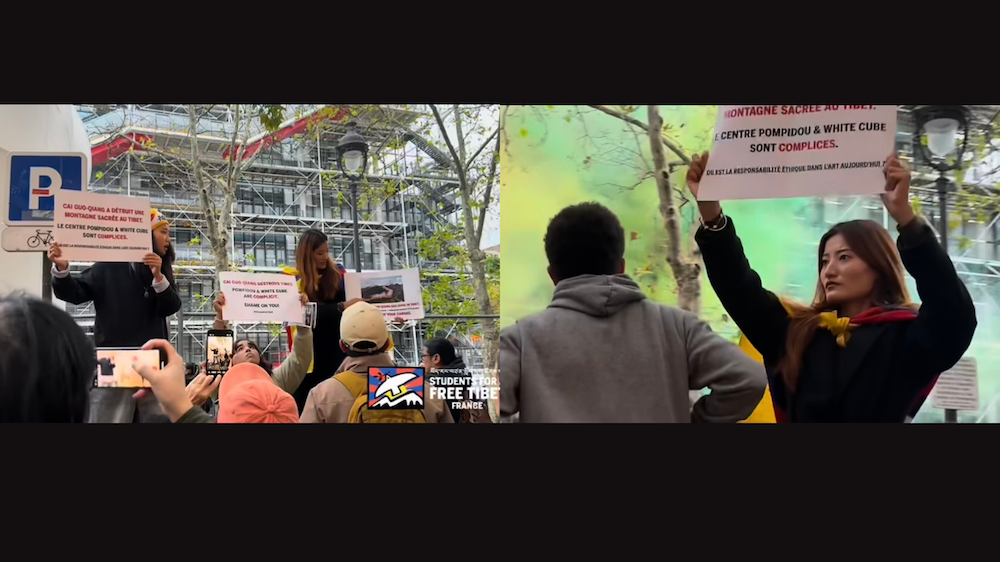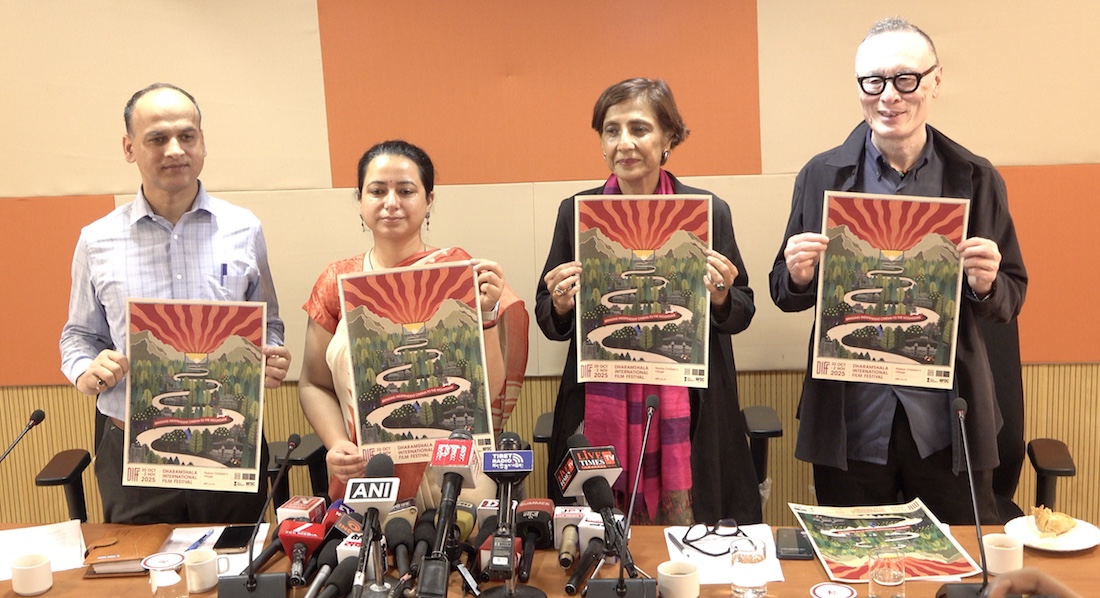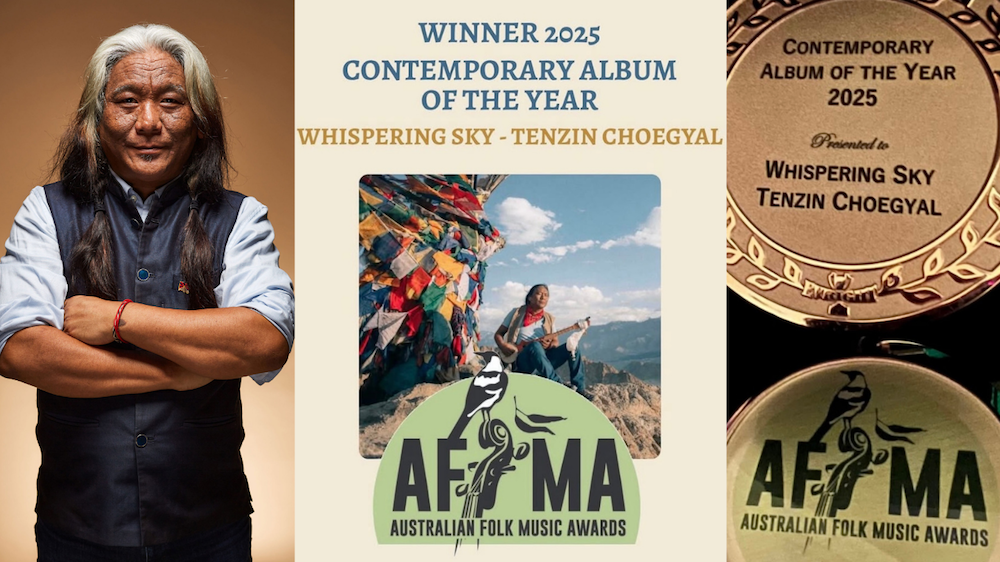Darjeeling, December 3 – Md Ramazan and Md Ramzan Altaf Bhatt were among the hundreds who had gathered at St Joseph’s College to pay obeisance to the Dalai Lama today.
Part of the tiny Tibetan Muslim community, they were waiting to thank His Holiness on behalf of their “forefathers”.
This “couple-of-hundred-people-strong” community traces its ancestry back to Lhasa, then capital of Tibet.
Bhatt, the owner of a hotel who had crossed Nathu-la in 1962 to migrate with his family to India, said: “Our forefathers were Indians who carried on trade with Tibet. The fifth Dalai Lama had given them land and asked them to settle there. We are Indians even now, but our ties with Tibet are strong.”
The hospitality, however, did not end with the invitation to settle down in the Roof of the World.
A mosque was built for us in Lhasa and the Dalai Lama even set aside a piece of land to be used as a burial ground.
“Since the metric system was not prevalent at that time, the fifth Dalai Lama ordered his men to shoot arrows in four opposite directions. The area covered by the arrows was given to our community for burial purposes,” Bhatt said.
The place still exists in Lhasa. “It is called Kyata Kyangtang Gang and means the area covered by the four arrows”, said Ramazan, a resident of 10th Mile in Kalimpong.“Not only the fifth Dalai Lama but also the successive Dalai Lamas who ruled Tibet treated us very well. Over the years, it became our homeland,” he added.
The families stayed there even after the Chinese aggression.
“I remember my parents deciding to migrate to India in search of better educational institutions where I could be admitted. I was just a child then,” recounted Bhatt.
The Bhatt family left their sons in India and returned to Tibet.
“We have, however, never been to Tibet since,” Bhatt said.
“Tibetan Muslims comprise only around one to 2 per cent of the Tibetan population in Tibet and here in India. And most of us are scattered with some having settled in Jammu and Kashmir,” said Ramazan.
“We will remain eternally grateful for what the Dalai Lama had done for our community and feel it is our duty to pay His Holiness our reverence,” he added.
The Tibetan Muslim representatives said they hoped to meet the Dalai Lama personally on December 7.
“We have been invited to a function, and once we meet His Holiness, we will thank him for everything. That will be the greatest moment of our lives because we will be expressing the gratitude our forefathers had felt but, perhaps, not expressed,” they said.









